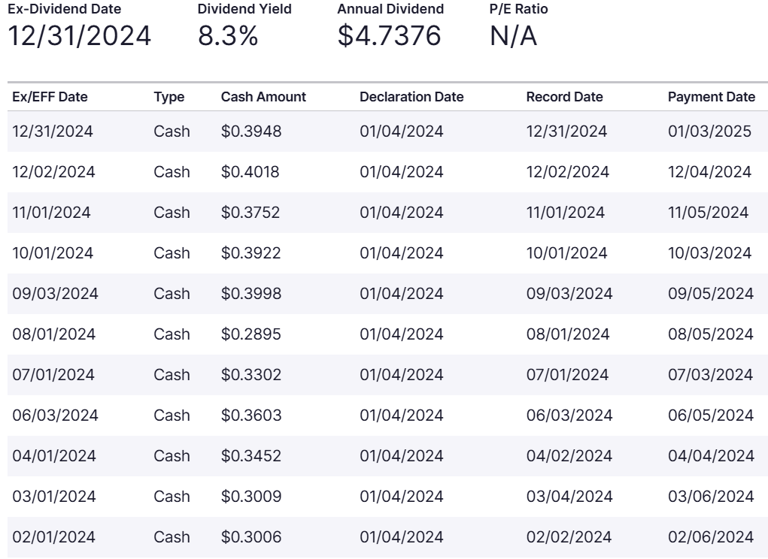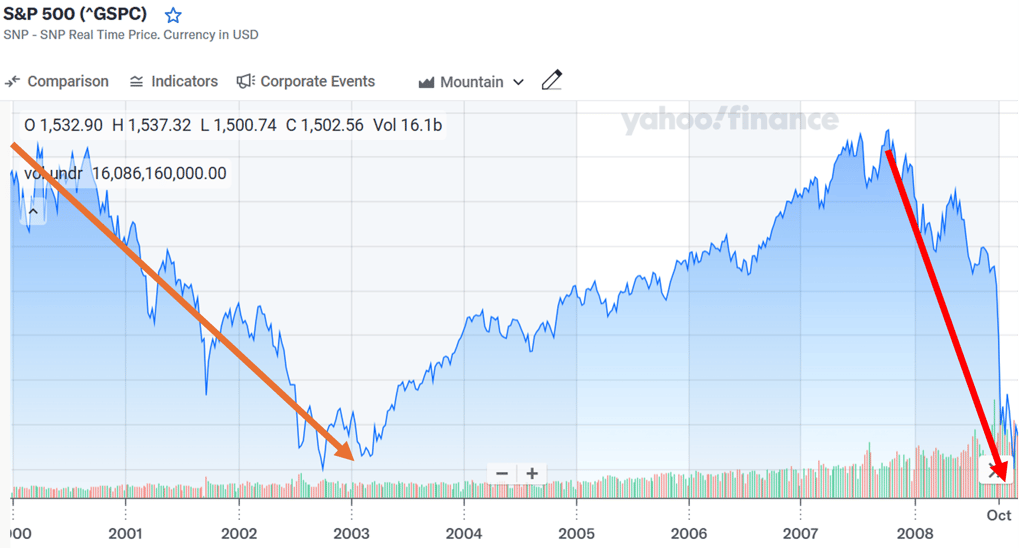JPMorgan US Equity Premium Income ETF (JEPI): Capping the upside in US equities
JEPI is a popular ETF, delivering monthly payouts with high yields. Should you add JEPI to your portfolio?
PERSONAL FINANCEINVESTMENTS
JEPI is a popular ETF in the US due to its monthly payouts. However, JEPI did not make sense for many non-US based investors due to the withholding tax incurred. JP Morgan listed JEPI on the London Stock Exchange as a UCITS ETF recently. With a beneficial tax treatment, should you add JEPI to your portfolio if you are looking for income?
The Basics
From the prospectus:
The Fund seeks to achieve this objective by (1) creating an actively managed portfolio of equity securities comprised significantly of those included in the Fund’s primary benchmark, the Standard & Poor’s 500 Total Return Index (S&P 500 Index) and (2) through equity-linked notes (ELNs), selling call options with exposure to the S&P 500 Index. The resulting Fund is designed to provide investors with performance that captures a majority of the returns associated with the S&P 500 Index, while exposing investors to lower volatility than the S&P 500 Index and also providing incremental income. The Fund is managed in a way that seeks, under normal circumstances, to provide monthly distributions at a relatively stable level. Under normal circumstances, the Fund invests at least 80% of its Assets in equity securities (80% Policy).
In order to generate income, the Fund may invest up to 20% of its net assets in ELNs. ELNs are structured as notes that are issued by counterparties, including banks, broker-dealers or their affiliates, and that are designed to offer a return linked to the underlying instruments within the ELN. ELNs in which the Fund invests are derivative instruments that are specially designed to combine the economic characteristics of the S&P 500 Index and written call options in a single note form and are not traded on an exchange.
Let's break the above down.
JEPI is an actively managed derivative income fund, or if you are familiar with covered calls, you can think of it as a covered call fund.
JEPI, unlike SPYL, or any other S&P 500 ETF, does not track an index (e.g. S&P 500). Instead, JEPI picks stocks, and it focuses on lower-volatility stocks within the S&P 500. Unlike other funds that use covered calls to generate income, JEPI instead uses Equity-Linked Notes.
JEPI charges an annual management fee of 0.35%.
What's so good about JEPI?
JEPI is popular with many investors because of consistent monthly distributions.


JEPI's high yield also appeals to income investors who are less concerned with capital gains.
What's bad about JEPI?
1) JEPI limits your returns


Even after including a 8% distribution on top of the market price return, JEPI still trails behind the SPY in terms of total returns for most calendar years.


The returns of JEPI look even worse off once you look at cumulative returns. Buying the SPY ETF since JEPI's inception will return you ~91%, while during the same time, JEPI will return you 14% (plus another 25% in distributions give or take).
That's the flaw of running a covered call strategy, you are taking money off the table instead of letting your returns compound.
2) JEPI may not limit your downside in a falling market
In the year 2022 when it was a bear market, JEPI was not immune, and while it fell much less compared to a vanilla S&P 500 ETF, the negative returns still hurt. If you need something to hedge against equities, you are better off with fixed income; I do not consider JEPI to be an effective hedge.
What role can JEPI play in a portfolio?
JEPI should deliver the best returns in a slow bear market, or in a flat market.


What do I mean by a slow bear market? If we examine the S&P 500 from the year 2000 to 2003 (orange arrow), it took about 3 years for the S&P 500 to bottom. During the decline, a product like JEPI can help to cushion the impact of the price decline through the selection of lower volatility stocks, and distributions from a covered call strategy over a long time. If there's a sharp decline as experienced during the Great Financial Crisis (red arrow), JEPI will not be able to deliver an effective hedge.
Investors can consider adding JEPI to their portfolio if they think that the S&P 500 will go nowhere over the next few years (due to elevated valuations), OR they believe that the S&P 500 will experience a multi-year bear market (e.g. during 2000-2003).
Conclusion
I know many investors who are excited about a UCITS-version of JEPI being listed on the London Stock Exchange. However, I believe that JEPI is not suitable for most investors.
If you are looking for income, there are better alternatives, especially if you are based in Singapore.
You can watch this great video if you are keen to learn more about JEPI.
